Using the Hubble Space Telescope, astronomers discovered the jet from a black hole, triggering nova explosions along its path.
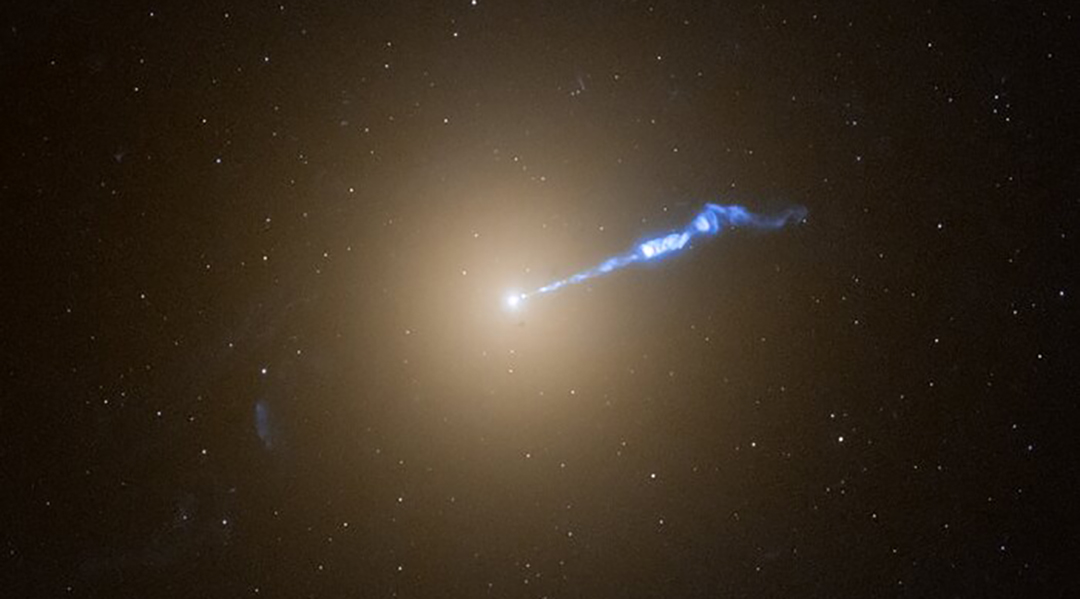

Using the Hubble Space Telescope, astronomers discovered the jet from a black hole, triggering nova explosions along its path.
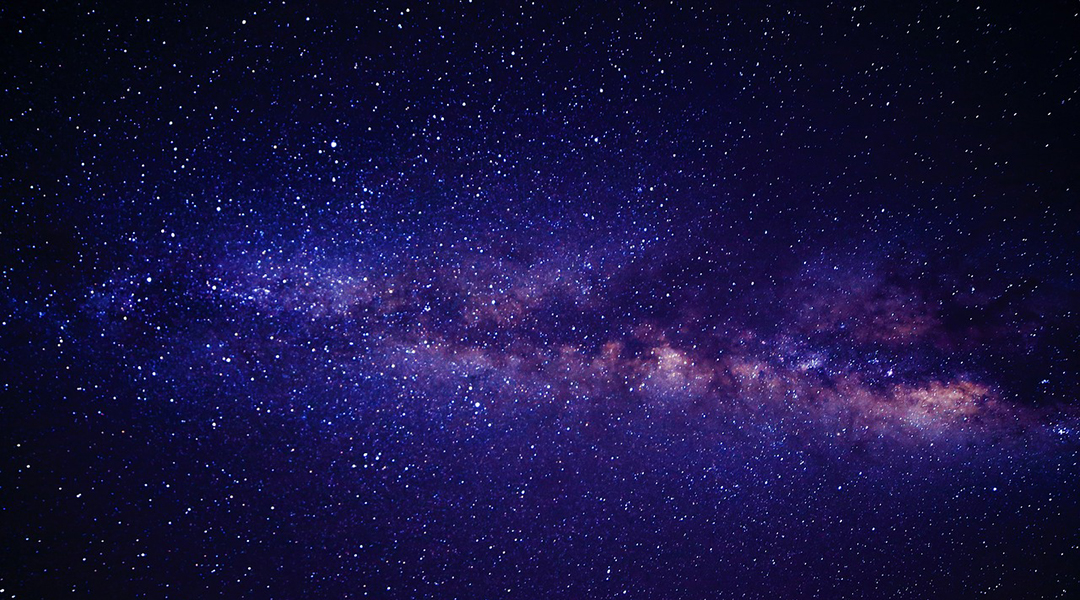
New research on dwarf galaxies challenges the idea that dark matter is collisionless, suggesting it may interact in unexpected ways
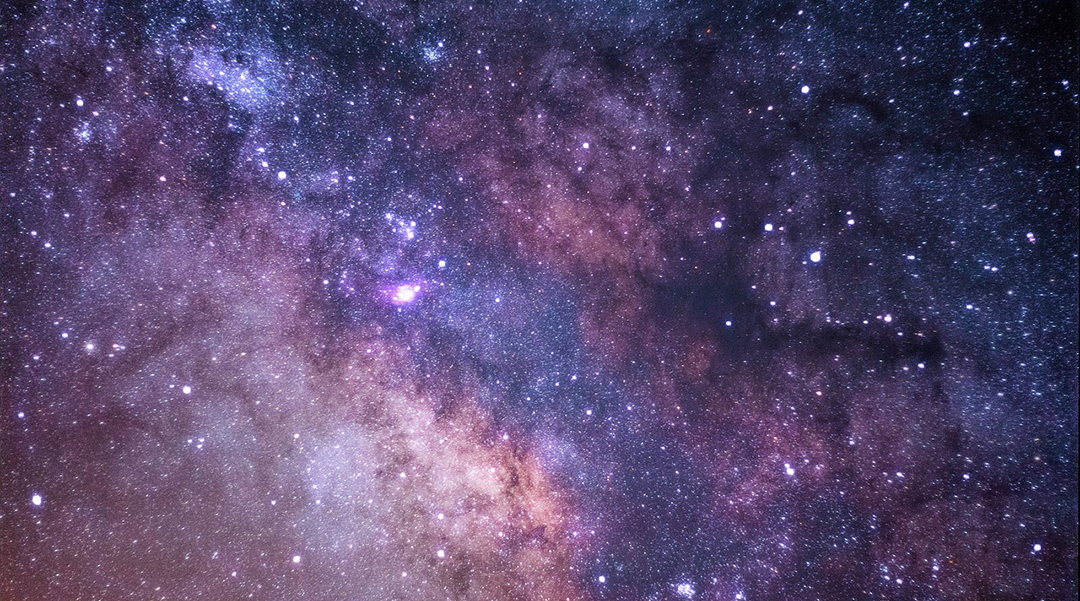
Hubble’s deep near-infrared campaign reveals more supermassive black holes in the early universe than previously expected.

Scientists theorize that cosmic strings interacting with dense matter in the early universe provided the seeds for galaxies and black holes.
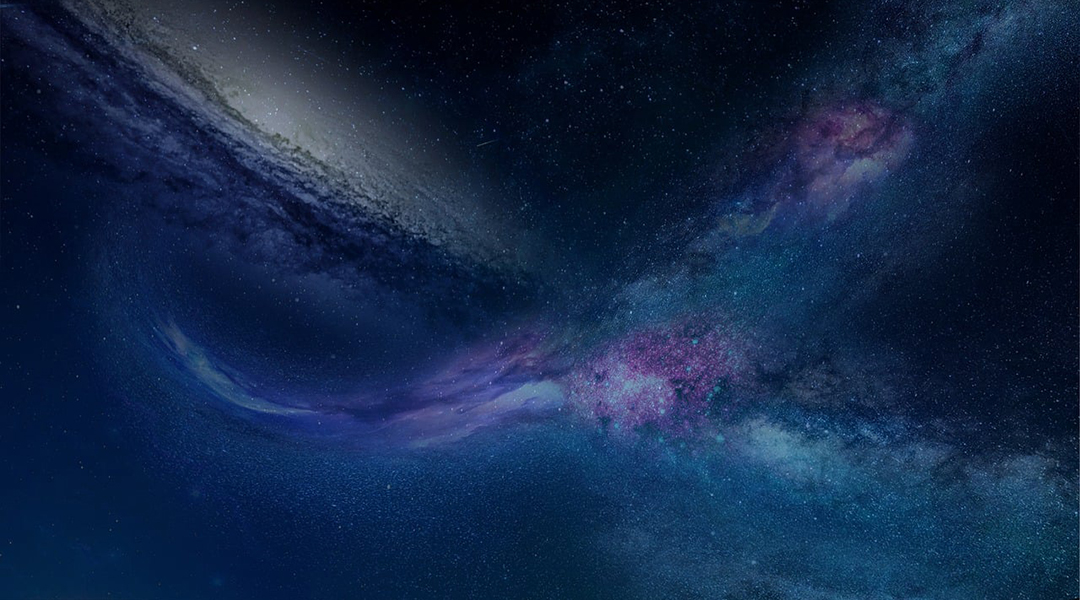
The discovery of colossal structures like the Big Ring is reshaping established theories about the physics of the Universe.
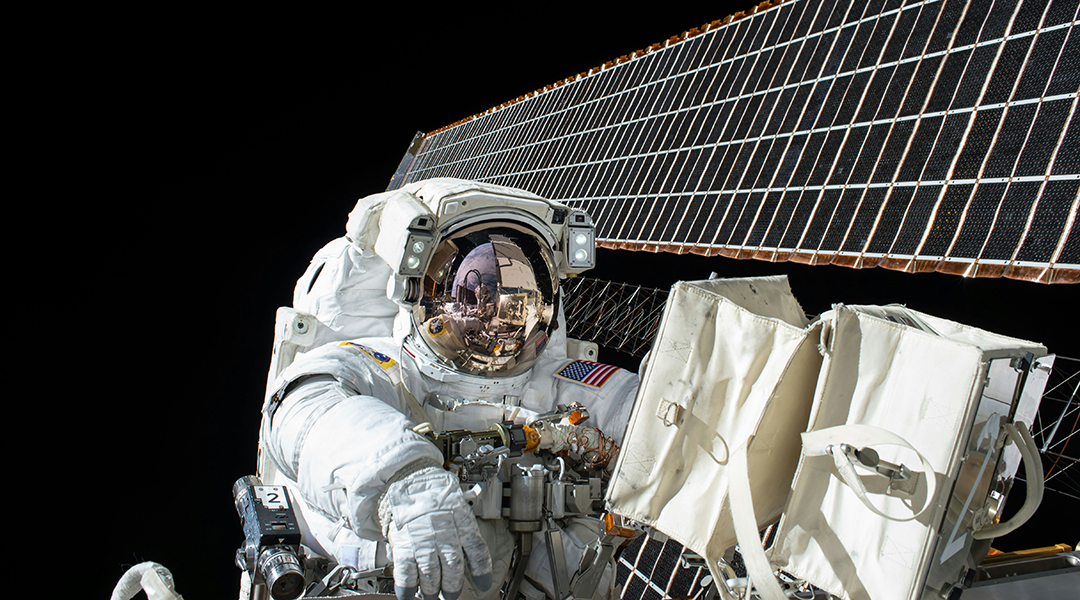
Future astronauts may be protected from galactic cosmic rays thanks to a novel organ-on-chip system containing interconnected human tissue.
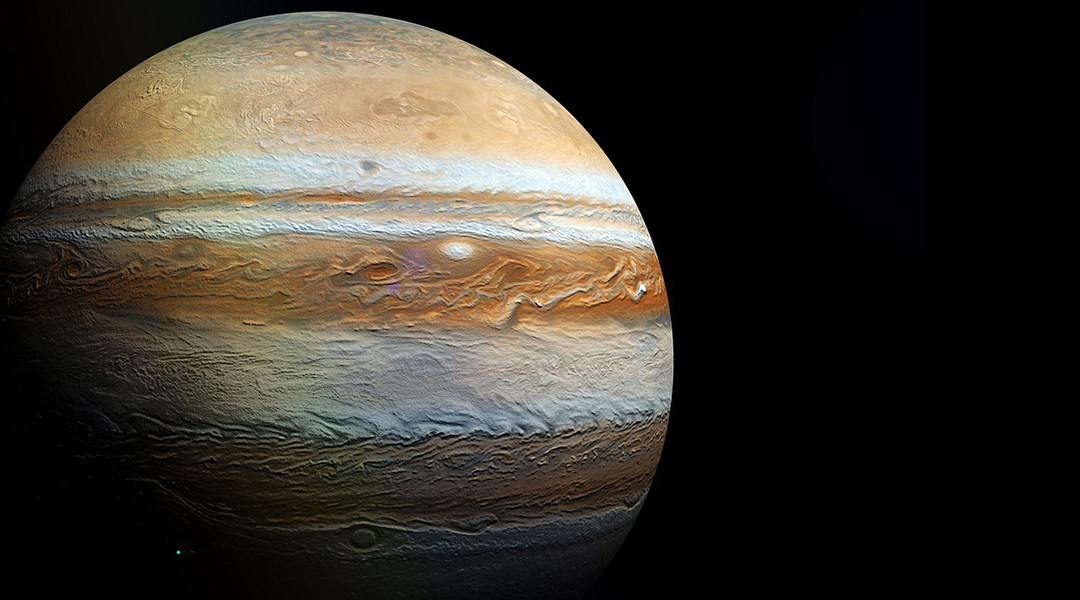
Astronomers propose that an infrared glow observed in Jupiter’s atmosphere may be dark matter particles colliding.
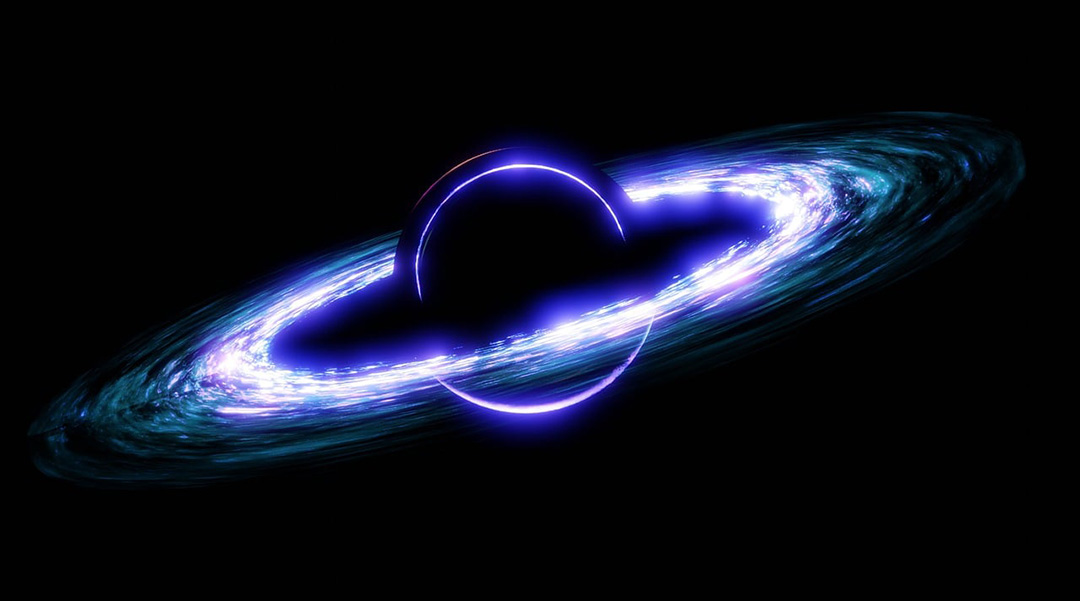
Astronomers have discovered that black holes trigger the formation of galactic winds that greatly influence star formation.
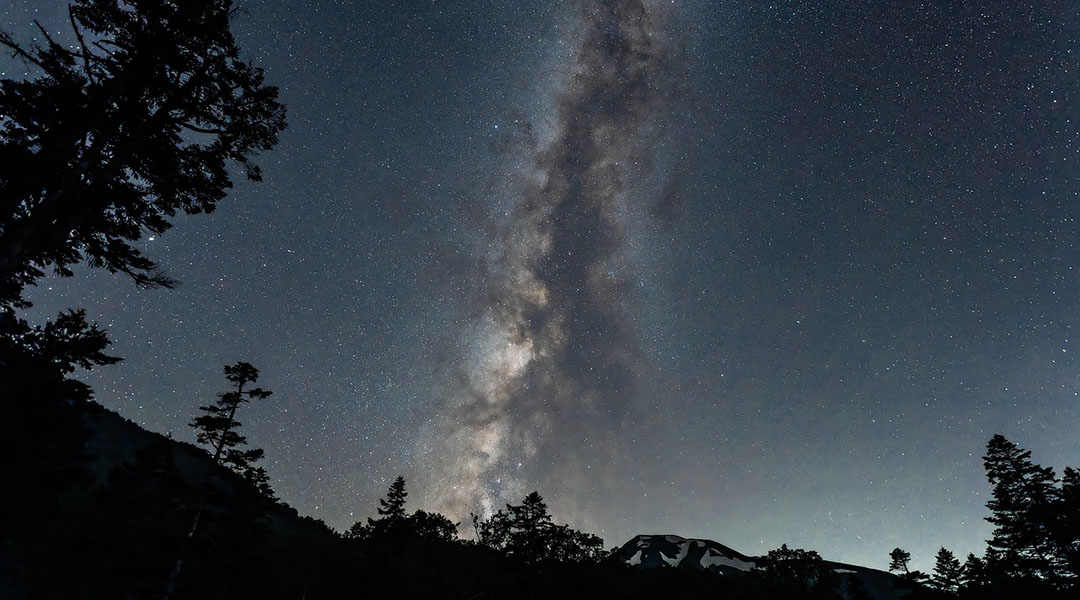
In this third and final article in a series on philosophy and science, we look at how modern science shows the validity of dialectical processes and how this can help guide science.
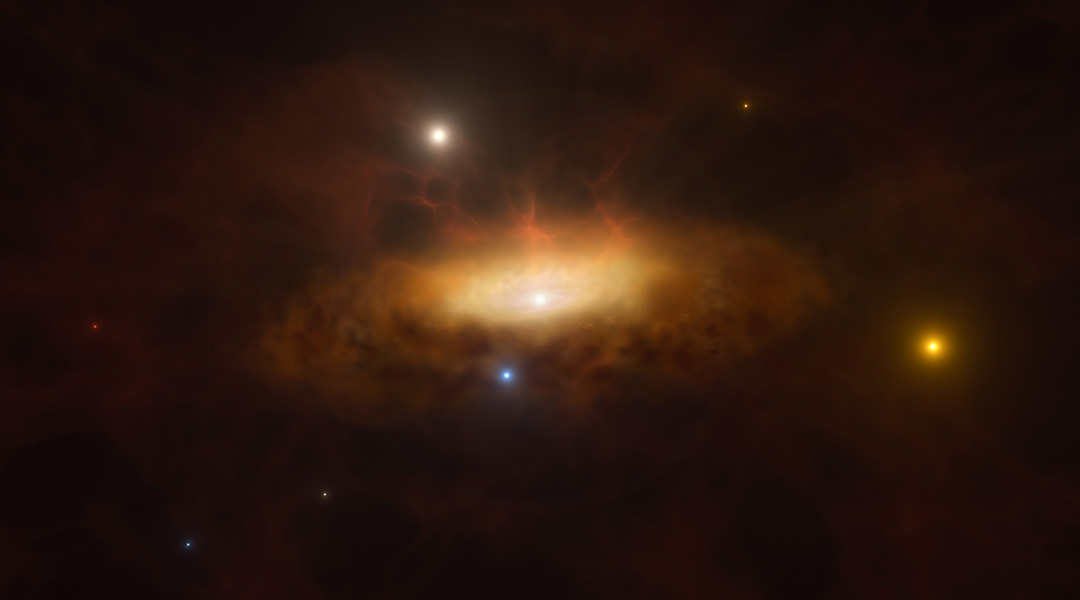
Imagine observing a distant galaxy for years when suddenly its core begins exhibiting unprecedented changes.